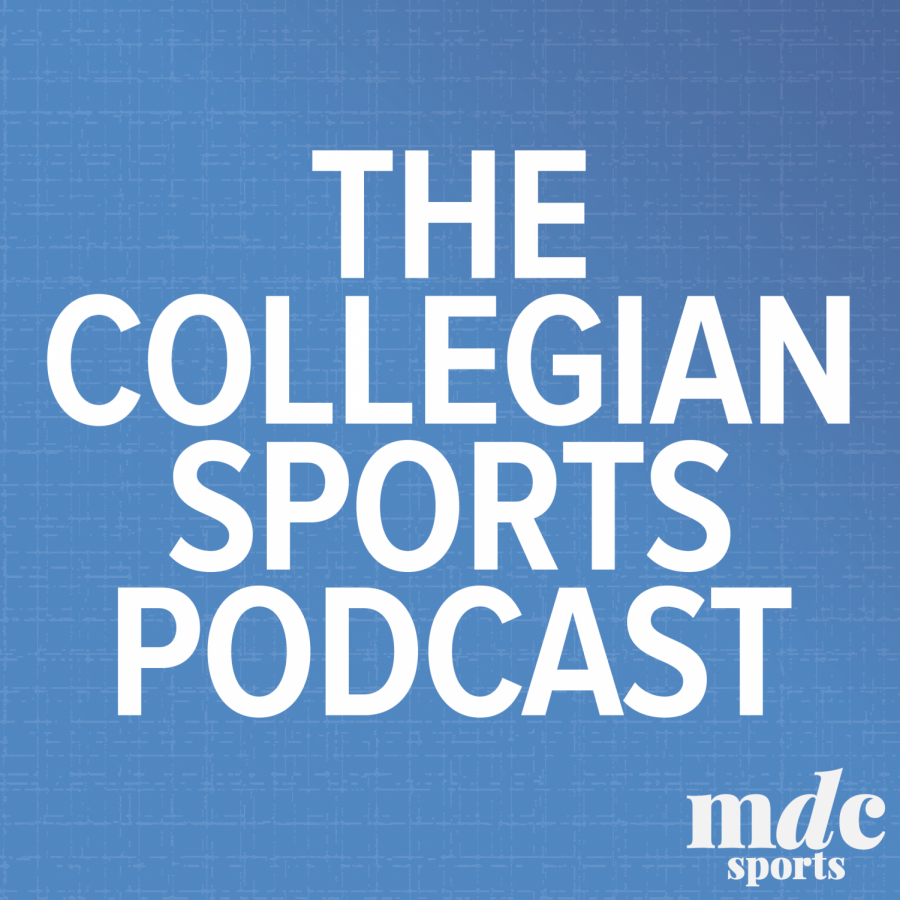
David Ross
Former team: Atlanta Braves
Position: Catcher
Contract: 2-year, $6.2 million
Projected role: Backup catcher
Boston’s signing of Davis Ross, an 11-year veteran, fills one of the team’s less-glaring holes: backup catcher. Ross played the previous four seasons in Atlanta backing up Brian McCann effectively; he accumulated 663 plate appearances and posted a .353 on-base percentage and a .463 slugging percentage. He’ll start the season sharing the catching duties with current Red Sox starter, Jarrod Saltalamacchia. If last year is indicative of anything, Ross probably won’t provide a drastic upgrade from Boston’s backup last year, Kelly Shoppach.
I’m not suggesting that Ross will replicate his 2012 season, but he’s a 35-year-old lifetime backup catcher – his ceiling has come and gone. However, Boston could do much worse than .256/.321/.449 for a backup catcher.
As I said, Ross will likely split time with the switch-hitting Saltalamacchia at catcher. Calling Saltalamacchia a switch-hitter is a bit disingenuous considering that just 13 percent of his plate appearances came from the right side last year. In 2011, 32 percent of his plate appearances were right handed, but his putrid .635 OPS from that side likely led to the precipitous drop in righty plate appearances the following season.
For whatever reason, I was under the impression that Ross, like so many other right-handed hitting backup catchers, hit left-handed pitching better than right-handed pitching. But this simply isn’t the case. Over the course of his career, his batting average and on-base percentage are slightly higher from the right side, but his slugging and OPS+ (the adjusted OPS based on the player’s ballpark and league) are higher from the left side. Ross may not hit much against righties anyway though, considering that Saltalamacchia plays exclusively against them.
A few quick thoughts on Saltalamacchia: After two full seasons with Boston, I feel the book on him is out. He’ll post solid power numbers for a catcher (41 home runs in two seasons), but he won’t provide much in terms of batting average (.222 last season) or on-base percentage (.288 in both seasons) and he had one of the worst caught stealing percentages last season by a catcher (.184).
Because Saltalamacchia doesn’t hit for a high average, reach base frequently or throw runners out often enough, I don’t the Red Sox should anoint him as their catcher of the future. In fact, I wouldn’t be totally shocked to see Ross have more plate appearances this season, if Saltalamacchia’s average and on-base percentage don’t increase and/or his power numbers fall off. I say this not because I view Ross as Boston’s catcher of the future, but mainly because I feel like they should treat this year as an evaluation year for the players that were retained in Boston’s mid-season fire sale last year. It’s possible that I’m being too harsh on Saltalamacchia, but if this is truly a rebuilding year for Boston — and I’m not sure it is — like so many are speculating, now would be the time for him to show improvement from his first two years. And if he does not improve, why include him in your plans for the future?
Getting back to Ross, overall, this isn’t an earth-shattering move. It won’t make Boston contenders, and it won’t make them cellar-dwellers either. In fact, his performance may dictate Boston’s record by no more than one win. And the decision whether to play him or Saltalamacchia regularly won’t have a drastic impact on the Red Sox’s feature either. So I guess this is my way of apologizing to all of you who just read 600-plus words on David Ross and Jarrod Saltalamacchia.
Jackson Alexander can be reached at [email protected] and followed on Twitter @MDC_Alexander.







